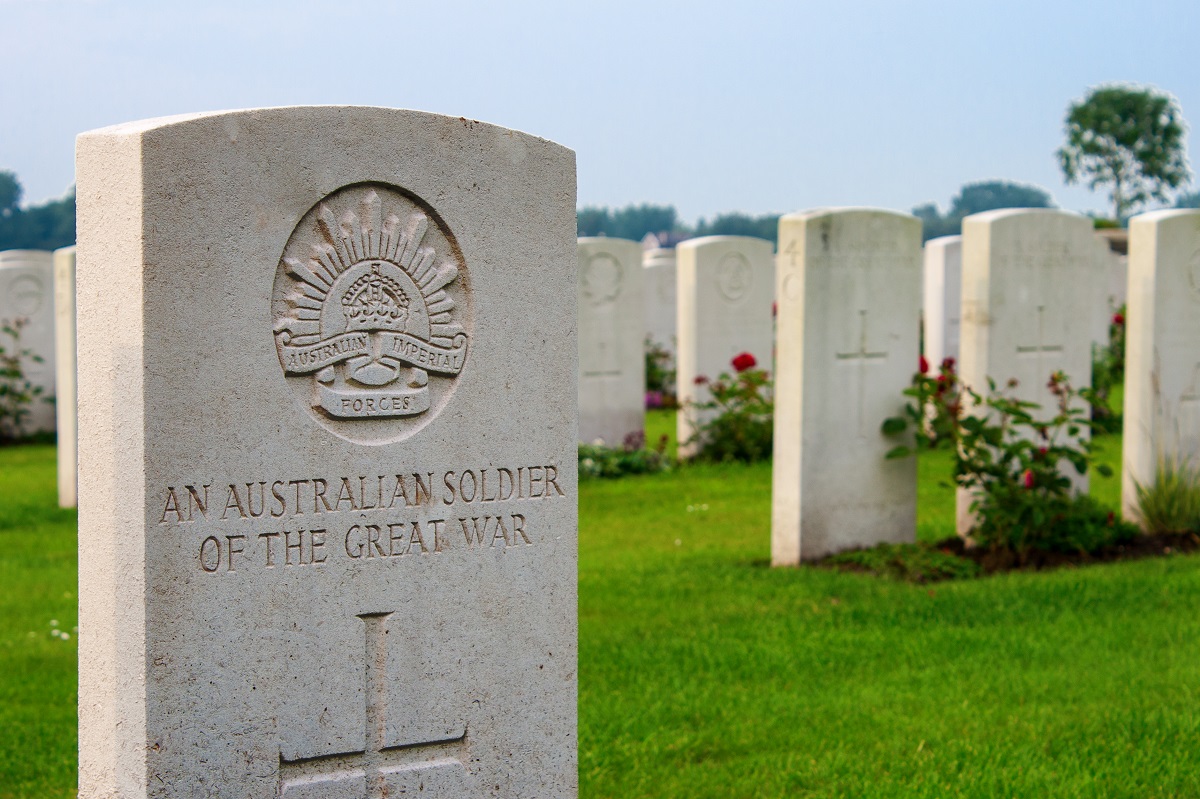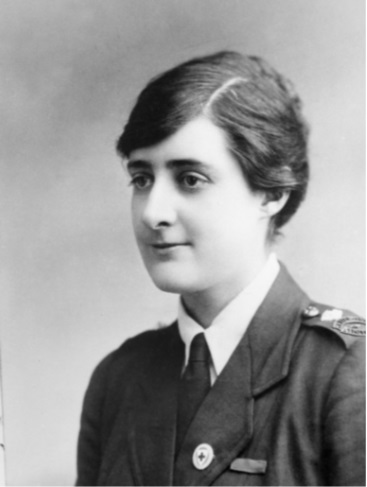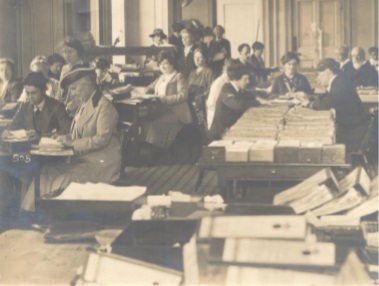
The heartbreak and uncertainty of the vast number of missing World War I dead and the unsung Australian humanitarian efforts to solve this mystery – led by a Prime Minister's daughter – are the subject of a new documentary featuring Flinders University Professor Melanie Oppenheimer.
'The Missing' celebrates two unsung Australian humanitarian efforts of WW1 – the Australian Red Cross Wounded and Missing Enquiry Bureau and post-war Australian Graves Workers.
The unprecedented death toll of the First World War generated a mass of grief.
Particularly heartbreaking was the vast number of dead who were "missing" – their bodies never found.
Professor Melanie Oppenheimer, Chair of History at Flinders University and historian of the Australian Red Cross Society, is one of a number of experts who have provided insights into the extraordinary chapter of the nation's wartime history.
In 1915 the newly formed Australian Red Cross Society set up a volunteer network of Information Bureaus to help families of the missing discover what had happened to their loved ones.
Integral to the network was Vera Deakin, young daughter of Prime Minister Alfred Deakin, who headed up the Australian Red Cross Wounded and Missing Enquiry Bureau's overseas offices.
"You're talking of hundreds, hundreds of Australians volunteering their time for the duration of the war," Professor Oppenheimer says.

Then, for three years after the war ended, 1100 volunteer ex-servicemen and new recruits laboured on the now-silent battlefields consolidating burial sites into newly created cemeteries and locating missing bodies where they could.
"Their role was to identify and exhume dead soldiers and then to rebury them, and photograph the place where the cross was marked for each soldier," explains Associate Professor Fred Cahir, historian at Federation University, whose grandfather Frank volunteered for Graves Detachment work after surviving Gallipoli and the Western Front.
It was "a very grisly job" he says.
"They were working for the bereaved at home," says Dr Bart Ziino, historian of war and grief at Deakin University.
"If still today we don't have a third of those who are lost in that war," says Dr Ziino "then try to imagine that after 1918 when those numbers were even higher."

Featuring rarely seen historic images from the Victorian RSL and Australian Red Cross Society archives the documentary includes interviews with Professor Melanie Oppenheimer and Dr Bart Ziino and incorporates original music by Federation University Arts Academy Director Associate Professor Richard Chew.
Skilfully crafted and edited by director Jary Nemo, the eleven-minute film is a moving and visually rich reflection on war, grief, commitment and loss, a fitting vehicle to commemorate the centenary of the Great War's aftermath.
"I wanted to create something which feels cinematic and modern but connects you to what it might have felt like at the time," says Mr Nemo.
'The Missing' is the first output of the 'Ordinary People in Extraordinary Circumstances' project collaboration between Federation University Australia, independent film company Wind & Sky Productions, Australian Red Cross Society and RSL Ballarat.
A digital gallery, book and education resource kit are in production and are due to be released in early 2020.
'Ordinary People in Extraordinary Circumstances' is supported by the Victorian Government through the Victoria Remembers Major Grants Program.






